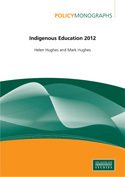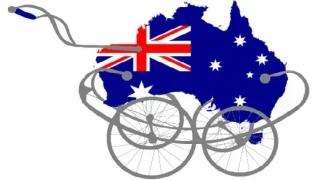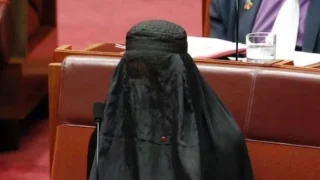
In 2008, governments reduced their Indigenous literacy and numeracy target from ‘fix the problem in four years’ to ‘fix half the problem in ten years’. Indigenous Education 2012 shows that most states and territories are struggling to meet even this reduced target. Queensland and Western Australia have made the most progress.
Most Indigenous students – more than 80% – are meeting national literacy and numeracy standards, showing that Indigeneity is not the cause of the failing minority of Indigenous students.
Indigenous Education 2012 examines the real reasons why government education policies are failing in Indigenous schools and underperforming mainstream schools.
The report critiques the hundreds of millions of dollars spent on programs that are not only unsuccessful but also take time and attention away from the classroom teaching essential for literacy and numeracy.
The authors suggest that principals need greater autonomy over staffing and budgets, including the option to refuse counter-productive programs and instead receive equivalent funds for improved classroom teaching.
The report also examines Indigenous participation in vocational and university education, and government’s creation of counterfeit jobs to soak up the Indigenous students who finish school illiterate and innumerate.
Emeritus Professor Helen Hughes has worked in the economics of development for many years, including a period of senior management at the World Bank followed by membership of the United Nations Committee for Development Planning. She returned to Australia to a chair in economics at the Australian National University, where she was also the executive director of the National Centre of Development Studies. She was the Distinguished Fellow of the Economics Society of Australia in 2004. Professor Hughes is a Senior Fellow at The Centre for Independent Studies in Sydney, where she now works on Aboriginal and Torres Strait Islander issues.
Mark Hughes is an independent researcher.











